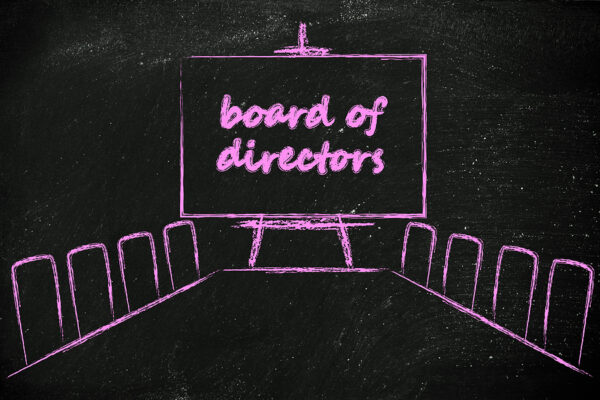This year promises to be demanding for decision makers, especially those at board level. The external environment will continue to be shaped by increasingly unstable global politics, to which presidential elections in the United States and parliamentary elections here will further add to uncertainty. Coupled with that are slowing economic conditions in the United States, Australia and New Zealand. It is no longer matter of the United States facing the ‘R’, but whether or not it is going to be big or small, and how prolonged.
Boards must resist the temptation to drive strategy in response to share price fluctuations. Retreating to short-term view of performance is more likely to result in drive for efficiency (downsizing) rather than the continued pursuit of getting better or different.
Over the past two years we have observed greater attention being placed on board activities. In the public sector this has resulted in blame being directed at boards for what are entirely operational matters. In an election year we can only expect this scrutiny to increase.
Whether or not the scrutiny is valid, or whether or not boards are responsible for performance on daily basis is not likely to be debated. We can expect both public sector and private sector boards, to lesser extent, to receive criticism from around the House.
In state (no pun intended) of over-governance, heightened expectations from both the public and politicians (naturally on behalf of the public) will encourage yet more interference from boards. Under such circumstances, local scrutiny and global instability, it is all too easy for boards to retreat from strategic decision making and begin meddling in operational matters.
Therefore, my first challenge for boards in 2008 is to keep strategic, resist the temptation to interfere. The CEO and his or her team are better informed about operational issues – be informed but stay out.
I am regularly castigated for promoting the fact that there is no systematic evidence to support the argument that best-practice governance actually enhances organisational performance. Even anecdotal evidence is less than convincing. In short, the case for majority of independent directors; separation of CEO and chair; independent audit committees and so on, has not been established. It hasn’t by the research community and proponents among the practitioner community often suffer from strong biases – especially those of the “professional director”.
The second challenge in 2008 is for boards to keep focused on outcomes of business performance, namely, growth and wealth creation regardless of the make-up of the board. The relationship between bad boards and poor performance is obvious, but let’s not go on pretending that the opposite is necessarily true, especially if good boards are those defined by rating agencies.
The third challenge for governance in 2008, and it is omnipresent, is the acceptance of mediocrity. In the short term it is easier for board to accept less than adequate performance than make the necessary changes. The same can be said for line managers at any level of the organisation. Coupled with increasingly restrictive industrial regulations the soft, and weak option, is to watch the slide continue. Far better though to bite the bullet, stomach the decision, and implement the changes required to deliver desired levels of performance.
The board’s role, extends beyond hiring and firing the CEO. The board has role in strategic human resource management. Long gone are the days when the only human resource concern for the board was the CEO’s remuneration package. The challenge for directors in 2008 is to stop accepting mediocre performance. If the cause of such performance is the CEO, or other members of the top management team, then seek the changes your company deserves. Now.
Three challenges – remain strategic; serve the company by focusing on growth and wealth creation; and accept the need for strategic HR. Enjoy 2008. It promises to be demanding, challenging, and exciting. Boards should be in their element.
James Lockhart is the associate pro vice-chancellor, executive education, at Massey University.











